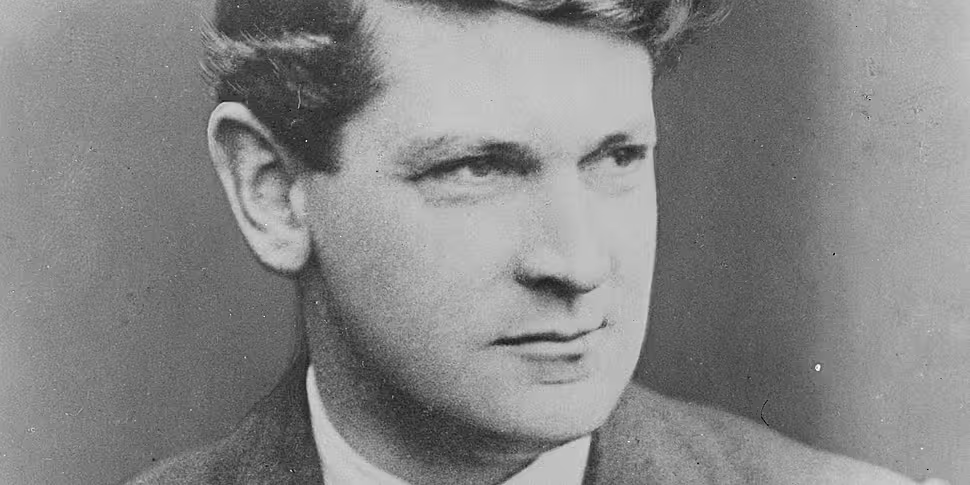Michael Collins has been voted as Ireland’s greatest hero in the last century.
The poll of Newstalk listeners asked who had made the greatest contribution to the nation since independence from Britain 100 years ago.
Competition was fierce with some preferring former Ireland manager Jack Charlton and others polar explorer Tom Crean.
Peacemaker John Hume also made the long list, as did Ireland’s first female President Mary Robinson.
Writer James Joyce made the top 10, as did 1916 rebel and long-serving statesman Éamon de Valera.
However, in the end it was Dev’s charismatic nemesis Michael Collins who took the top spot.
The final list was as follows:
1: Michael Collins
2: John Hume
3: Mary Robinson
4: Vicky Phelan
5: Gay Byrne
6: Noel Browne
7: Éamon De Valera
8: James Joyce
9: Jack Charlton
10: Tom Crean
N.B. Roger Casement was excluded from consideration as he was executed in 1916.
A rebel and a hero
Collins was born in Cork in 1890 in Cork and fought in the 1916 Rising. Afterwards he was jailed in England but was released in time to contest the 1918 General Election for Sinn Féin.
The result was a landslide victory for the republican party and Collins was made the IRA’s director of intelligence as the War of Independence got under way.
Within a few short years, most of Ireland was ungovernable and the British Government realised they would have to negotiate with the republican rebels.
Collins was dispatched to London by de Valera to negotiate a peace treaty and returned in December 1921 with the Anglo-Irish Treaty.
It was the most controversial document in Irish history; Ireland would become independent - but at a terrible price.
The island would be partitioned into two and the new ‘Free State’ would become a Dominion of the British Empire with the King as head of state, a mandatory oath of allegiance for politicians and the Privy Council in London would be Ireland’s final court of appeal.
Collins passionately defended the Treaty in Dáil debates as “it gives us freedom, not the ultimate freedom that all nations desire and develop to, but the freedom to achieve it.”
The Dáil agreed with Collins and ratified it by a narrow vote of 64-57.
However, such was the strength of feeling among many republicans that the Treaty offered not freedom but a new form of subservience to the British that a Civil War broke out.
Collins picked up his gun again - but this time he was not fighting the British but his fellow Irish republicans.
On August 22nd Collins was assassinated in an ambush by anti-Treaty forces at Béal na mBlath in his native Cork. He was only 31-years-old but already a hero to many millions of Irish people.
Main image: Michael Collins. Picture by: Alamy.com









